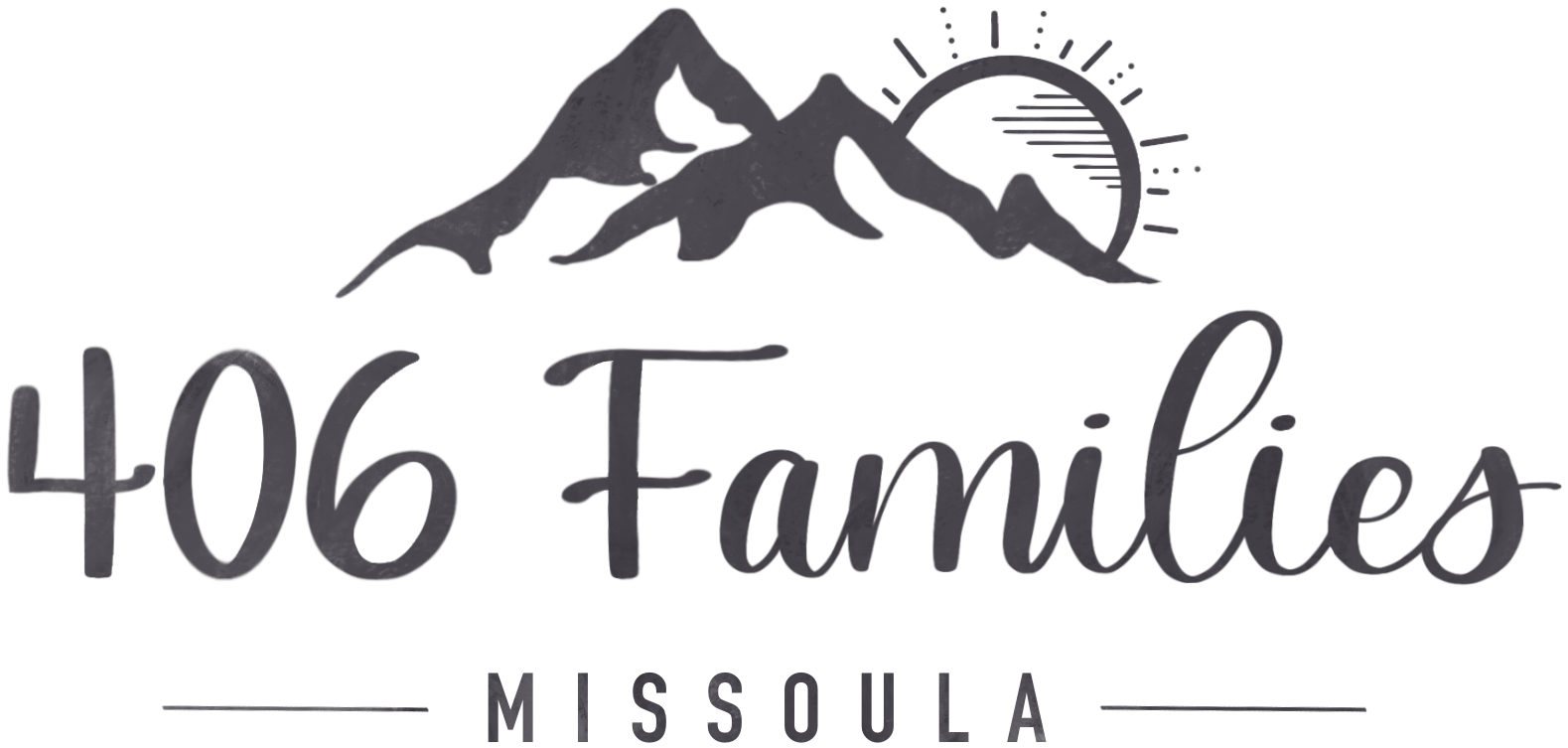Missoula Needs the Festival of the Dead
Still photo from KPAX
My hands rested over the keys to my laptop as Facebook’s homepage loaded on the screen in front of me.
Search Facebook, the box on the left-hand side of the screen commanded.
Gingerly, my fingers typed “Festival of the Dead”, Missoula’s longstanding event honoring death and recognizing those who have passed. Though it was inspired by Mexico’s Dia de los Muertos, organizers had tried to make it clear the event was meant to be multicultural with a procession up Higgins Ave., featuring high school Spanish clubs, Native American drummers, and African dance. Missoula’s version was playful, boisterous, welcoming, and warm — even in the early November night air.
Up until recently, the event had been going strong for decades. But in the late 2010s a new tone of hyperawareness surrounding issues of racial injustice blanketed Missoula. Protesters demanded that the city shut down the event, claiming the holiday that inspired it was meant to be a personal, private family experience. They said anything that didn’t reflect that was making a mockery of other cultures.
Memories of the controversy rushed to me as I watched a Facebook page appear with a black and white sketch of a woman wearing a skull mask. The page had 2,900 followers and no recent posts.
This must be the digital place, I thought, clicking the blue Message button. With my fingers flying over the keys, I tapped out my bonafides: a Chicana from Texas who has lived in Missoula for 15 years and has loads of community event planning experience.
“Please let me know what I can do to get this important event back off the ground,” I concluded.
What I didn’t mention — to whomever was on the other side of this Facebook page reading my message — was my personal motivation for bringing Missoula’s Festival of the Dead back from the dead — so to speak. Back in Texas, my beloved grandmother had just been put on hospice.
I needed to know that once she passed, she would remain with me, and I wanted to gather with people who believed the same. I wanted to place remembrances of her on an ofrenda (altar) and light a candle for her. I wanted to be out in the community on Nov. 2, when some believe the veil between the living and the dead is the most thin.
These were the traditions I grew up witnessing during Dia de los Muertos celebrations in Texas. And often, they were anything but personal and private. In fact, the collective grieving aspect of Dia de los Muertos was the entire point.
This disparity in interpretations confused me, as did the way it spread like wildfire, engulfing Festival of the Dead until all that remained were memories.
In 2017, one City Counselor said she was embarrassed to have participated in the Festival and vowed never to do so again. How had a small group of detractors convinced an entire city that their interpretation was the only one that was correct? After all, the irony of Missoula no longer celebrating Festival of the Dead is that those of us who are Mexican-American now have nothing tying us to our cultural heritage in Missoula.
Who gets to be the arbiter of what is culturally acceptable and what is appropriation?
And if I’m not allowed to be part of that discourse, then who is?
A few weeks later, I sat under twinkle lights in the backyard of my friend Mynor’s house with a dozen other volunteers. Unbeknownst to me, several other Hispanic Missoulians had similar thoughts and reached out to the original founders to revive the event. Our motivations were as varied as our last names. One woman had battled two different forms of cancer; a young man had lost his 18-year-old sister in a tragic deep sea diving accident. Others joined because they missed home and wanted to ensure an event inspired by their culture was done well. Others simply joined because they love Missoula.
We’re working every day to ensure we’ve addressed the concerns the community had several years ago, while also acknowledging that the conversation shouldn’t have ended there. And we’re doing our best to re-establish an event that can be proudly carried forward for years to come. One that serves as a big tent to many different cultures and traditions, all while staying true to the Hispanic principles of joy, hospitality, and inclusivity.
Missoula needs the Festival of the Dead, and I hope you’ll join us.


